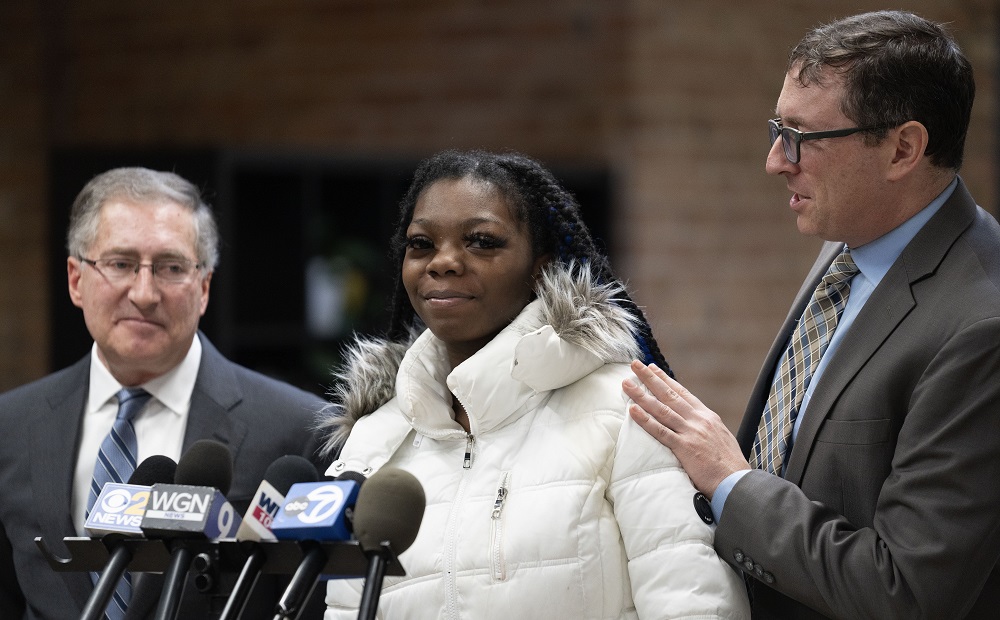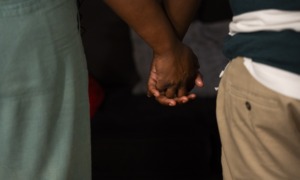CHICAGO (AP) — Illinois Department of Children and Family Services wrongfully incarcerated hundreds of children in juvenile detention after a court ordered them to be released to their guardian, according to a class action lawsuit filed Thursday by Cook County’s public guardian.
These children have missed holidays, birthdays and funerals of loved ones, said Cook County public guardian Charles Golbert, who acts as a lawyer for abused, neglected and dependent children. He spoke Thursday at a news conference announcing the lawsuit.
“They’re held for months after the time they should have been released, forced to remain in jail, forced to be under the conditions where they’re confined, they’re prevented from getting the same schooling they would get in the community, from being able to visit with their families, from being able to build the relationships that they need to prepare them for life,” said attorney Russell Ainsworth, who is representing the young plaintiffs.
The problem has persisted for decades, according to a news release from the law firm of Loevy & Loevy, which is representing nine young people, mostly unnamed, as well as other children in similar situations.
DCFS director Marc Smith, who is named in the lawsuit along with several past and present agency officials, was held in contempt of court last year for continued failure to find permanent placements for two children in his care. They’re among dozens of children who are ready for permanent placement after mental health or other types of treatment but for whom no homes available are available.
But previous legal action has not been enough to prompt reform in the troubled agency.
“Nothing else has worked,” Ainsworth said. “The only thing that will change DCFS’ practices is to sue them and hold them personally liable for their actions and force them to pay damages to the children who have been suffering harm for 30 years.”
Plaintiff Janiah Caine, 18, was imprisoned wrongfully in juvenile temporary detention center for a “shocking 166 days over a one-year period,” according to the lawsuit.
Caine, then a minor, lost her grandmother during the time she was recommended for release but remained locked up, and was unable to attend her funeral.
“Everybody has that one family member you can always talk to and go to,” Caine said at the news conference. “She was that person I had.”
The teen couldn’t reach her case worker, and “my grandma was getting sicker and sicker as we’re just waiting and waiting … it’s a horrible feeling.”
Caine said she and other detained youths spent the majority of the day locked up in small cells the size of a bathroom, with just a bed, a toilet and a sink. “Everybody knows you can go crazy just being in a room by yourself like that,” she said.
In addition, the environment wasn’t safe, and staff treated them badly, Caine said. “You don’t know when somebody gonna hit you.”
“They treat you like nothing. It’s just so bad,” she said.
DCFS did not immediately respond to requests for comment.
***
Savage is a corps member for the Associated Press/Report for America Statehouse News Initiative. Report for America is a nonprofit national service program that places journalists in local newsrooms to report on undercovered issues.




























